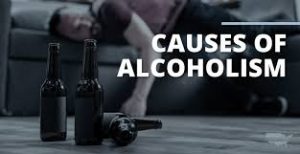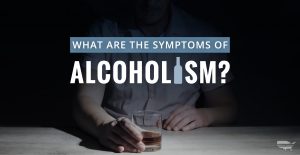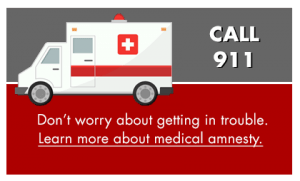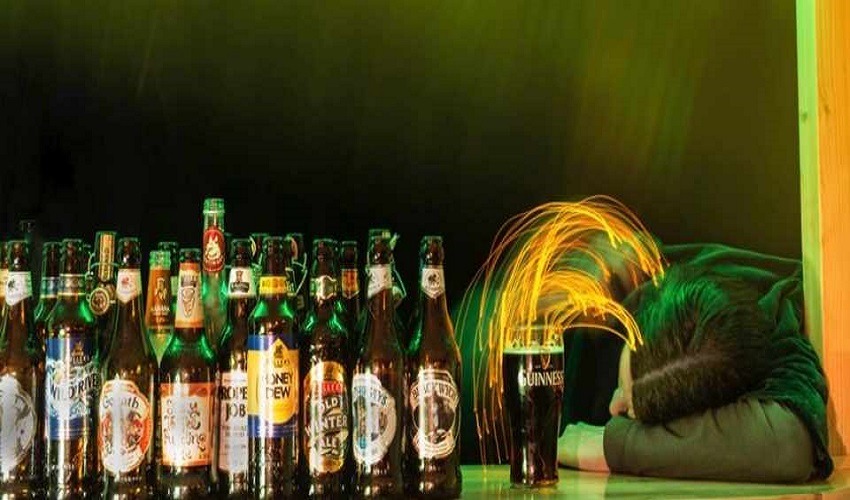The alcohol overdoes happens, when there’s so much alcohol in the bloodstream. Reportedly, areas of the brain that control basic life, support functions will be altered including breathing, heart rate, and temperature of the body. Alcohol overdose can lead to brain damage as well as death.
Whether celebrating a birthday party, cheering for the favorite sports team and staying out for recreational activities, we tend to enjoy the moment with a couple of drinks. So it’s better to know the science behind the alcohol overdose.
So if you want to explore the Alcohol overdose than you have landed in the right place. Many people have lost their lives because of alcohol overdose. Here we have summed up some of the symptoms, causes, and treatment of alcohol overdose. Read the article to the end.
What is Alcohol Overdose?
86.4 percent of people ages 18 or older informed that they drank alcohol at some point during their lifetime. Many of us consume alcohol because we feel relaxed and matter of fact, healthy consumption of alcohol is never a bad thing. However, consuming beyond the limit can lead to serious problems in our health.
Similarly, alcohol overdose or alcohol poisoning is one fatal problem that is the result of too much alcohol consumption. Too much of sweetness is bitter, what it means is if you drink too much you will definitely suffer.
If you experience alcohol overdoes at some point in life than as soon as possible call 911 or someone close to you. Below we have explained the causes, risk factors, and symptoms. Stay tuned.
What causes an alcohol overdose?
Alcohol is a natural source of sugar with a catalyst, which affects your central nervous system. Also, It is called depressed because it slows down the speaking time, movement and reaction. It affects all of your muscles, too.
Use of alcohol and taking opioids or sedative-hypnotics, such as drugs for sleep and anti-anxiety, may increase your risk of overdose. Moreover, Sleep aids such as zolpidem (Ambien) and eszopiclone (Lunesta), and benzodiazepines such as diazepam (Valium) and alprazolam (Xanax) are examples of such medications.
Drinking alcohol with other counter antihistamines can be very dangerous. Further, It is also a very dangerous combination to use alcohol with opioid pain relievers such as oxycodone and morphine or synthetic drugs such as heroin.
Drink Social
An alcohol overdose occurs when you drink more alcohol than your body can handle. Chemical changes occur though out our body and we will feel the pleasurable feeling, triking mind to drink more often, even if it causes a health problem.
The alcohol is quickly absorbed by the stomach and small intestine, which enter the bloodstream at a rapid rate. The more alcohol you consume, the greater the amount of chemical reaction takes place into your bloodstream.

The liver metabolizes the alcohol but at the same time it can break down so much. What the liver can’t break down is being redirected across the rest of the body.
We have known someone can drink much more than others. Matter of fact, everyone’s metabolism of alcohol consumption is at a different rate. Normally, the body can safely absorb about one unit of pure alcohol per hour (about one-third of an ounce, according to a standard introduced in the United Kingdom — typically calculated to be the amount of alcohol in a small shot of liquor, half a pint of beer, or one-third of a glass of wines).
In addition, if you drink much more than this, your body can’t break it down quickly and it circulates throughout the body with blurry vision, vomiting, etc.
What are the symptoms of an alcohol overdose?

The major symptoms of alcohol overdose include
- Changes in mental state
- vomiting excessive
- blue skin
- Drop body temperature
- Blurry effect
- Hypothermia
- Pass out, (unconsciousness)
When adults or children accidentally or intentionally drink alcohol-containing household products, alcohol poisoning may also occur. A person suffering from alcohol intoxication needs immediate medical attention.
Also See: Health Tips That Can Change Your Lifestyle In 2020
Alcohol poisoning emergency steps
If you suspect someone is suffering from too much alcohol, the immediate reaction should be taken place. Here we have listed, what you should do to save a life.

-
Call 911
This is the local emergency number. However, if you can’t connect, you can call the emergency ward of the nearest hospital. Never assume that people with alcohol poisoning will sleep.
-
After Reaching Hospital
Provide the necessary information to the doctor. If you know, tell the emergency personnel what kind of alcohol he/she has drunk and at what time.
-
Be Careful
Don’t leave an unconscious person alone. Alcohol poisoning affects the way the reflex gag works, someone with alcohol poisoning can choke from his own vomit and not be able to breathe. Don’t try to make the person vomit he or she might get choke.
-
Help A Person Who Is Vomiting
Try to keep him or her conscious. If the person has to lie down, make sure he turns his or her head to the side — this helps to avoid choking. To avoid loss of consciousness tries to keep the person awake.
How is Alcohol Overdose Treated?
Usually, an alcohol overdose is treated in the emergency room. Further, the doctor in the emergency room will monitor the vital signs including heart rate, blood pressure, and temperature.

When you have more severe symptoms, such as seizures, the patient may need more care, including:
- Fluids or medicinal products supplied intravenously through a vein
- Additional oxygen supplied via a mask or tube inserted into the nose
- Nutrients such as thiamin or glucose will be provided to the patient to prevent additional problems created by alcohol poisoning.
- Phenytoin, Lamotrigine will be given if s/he suffer from seizure
How Can You Prevent an Alcohol Overdose?
Through restricting the intake of alcohol you can avoid an alcohol overdose. You may consider sticking to one drink or abstaining entirely from alcohol. If you have a problem with alcohol seek help.
In addition, take action to protect your loved ones from an overdose of alcohol. Also, address the dangers of alcohol and potential overdose with your family. Open interaction was shown to substantially reduce the rate of teen drinking and subsequent alcohol poisoning according to the Mayo Clinic.
Also, Explore: Binge Drinking: Reasons to Overcome It and How To Do It









